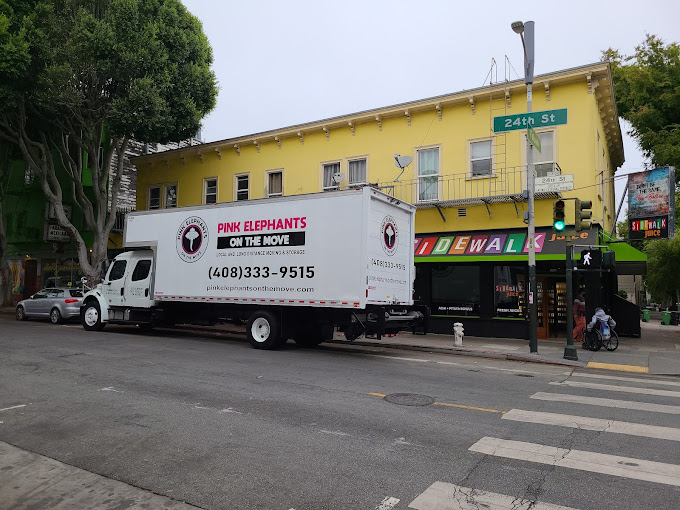How Long Does It Take to Move?
The time it takes to move can vary greatly depending on several factors. On average, the process can range from one day for a local, same-city move to several weeks for an international relocation. Key variables that impact the duration include the distance of the move, the amount of belongings being transported, and the level of professional moving services involved.
For local moves, individuals often allocate a single day to transport their items to the new location. However, the preparatory phase, including packing personal belongings, can take from a few days to several weeks. The complexity of the move, accessibility of the buildings, and whether the movers are professionals or friends helping out can also influence the timeline.
Long-distance or international moves require more intricate planning and logistics. These types of relocations often involve professional movers and can take anywhere from a week to over a month. This extended time frame accounts for transportation schedules, customs clearance, and the coordination of various logistical aspects. Accurate time estimates are best obtained by consulting with professional moving services who can consider the specific details of an individual’s move.
Planning and Preparation
When embarking on a move, thorough planning and preparation are crucial to ensure a manageable timeline and a stress-free transition. Each stage of the moving process requires careful consideration and action.
Understanding the Moving Process
The moving process begins with an assessment of your belongings and determining the scale of the move. Local movers like Jackson Moving & Storage might take a day, while long-distance relocations require a more extended packing timeline and travel time.
Comprehensive Moving Checklist
A detailed moving checklist is vital. Include the number of boxes, labeling for fragile items, and a packing timeline. Start with everyday items and work towards the less frequently used objects.
- Moving Timeline: 6-8 weeks before move.
- Inventory: List all belongings room by room.
- Supplies Needed: Number and size of boxes, packing materials.
Selecting a Moving Date
Factors such as the rental market, the end date of your current lease, and weather conditions affect the selection of your moving date. Aim for a time that minimizes disruptions and aligns with your personal timeline.
Hiring Professional Movers
Research and compare moving companies to find the right fit for your budget and needs. Consider moving costs, services offered, and reputation. Review different moving companies thoroughly before making a decision.
Organizing Documents and Finances
Gather all critical documents, such as credit reports, proof of income, and your current lease agreement. Ensure you have the funds for a security deposit, moving costs, and any other expenses related to your move.
- Financial Checklist:
- Credit score check
- Savings for security deposit
- Budget for moving costs
Packing Strategies and Tips
Pack non-essential items first and group boxes by room. Label boxes clearly and keep an inventory. Professional packers can assist with efficiently securing delicate art pieces.
Addressing Utility and Service Changes
Contact utility companies at least two weeks before the move to schedule disconnection and reconnection dates. This prevents lapses in service and ensures a seamless transition.
Utilities:
-
- Electricity.
- Gas.
- Water.
- Internet.
Preparing for the Emotional Aspects of Moving
Acknowledge the emotions involved in relocating. Strategies such as journaling or seeking support from friends can help maintain emotional well-being.
Ensuring a Smooth Transition into Your New Apartment
Prior to moving day, visit your new apartment to ensure it’s clean and vacant. Handle any existing issues with the landlord and confirm the conditions of the lease agreement.
The Day of the Move
On moving day, supervise the loading process and ensure fragile items receive special care. Coordinate with movers about travel time and unloading strategies.
Finalizing the Move and Settling In
After arrival, perform an initial unpacking of essential items. Follow up with the moving company regarding any concerns and begin the process of settling into your new environment.







